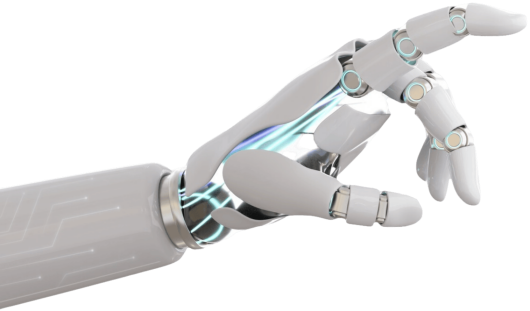
By tradition, automation has been defined as a process that controls a number of functions or tasks without direct human intervention. In the mid ‘80s, some doubts about the opportunity and technical feasibility of full automation were expressed and influential scientists such as Peter Drucker and Umberto Eco viewed the computer as a “moron” and as a “stupid tool that functions only in the hands of intelligent people”, respectively. Over the years, the technology has evolved and, consequently, the knowledge and skills of the people who use the computers and automation devices in their professional and private life have been continuously improved. At present, the meaning of automation together with the division of work between human and automation devices have dramatically changed and the early vision of Joseph Licklider about the “man-computer symbiosis” appears to be almost fully brought to life. The evolution is even more accelerated by the adaptation efforts that people make nowadays with a view to mitigating, to the extent possible, the unfavourable impact of the current pandemic on our lives and returning to a normal situation. The paper contains a brief historical account about how the computers and automation have enabled and stimulated new working styles and, at the same time, contributed to improving the quality of people’s life.
Artificial intelligence, Digital clone, Cognitive system, DSS, Trustworthy computing, Digital humanism, Dataism.
Florin-Gheorghe FILIP, "Automation and Computers and Their Contribution to Human Well-being and Resilience", Studies in Informatics and Control, ISSN 1220-1766, vol. 30(4), pp. 5-18, 2021. https://doi.org/10.24846/v30i4y202101